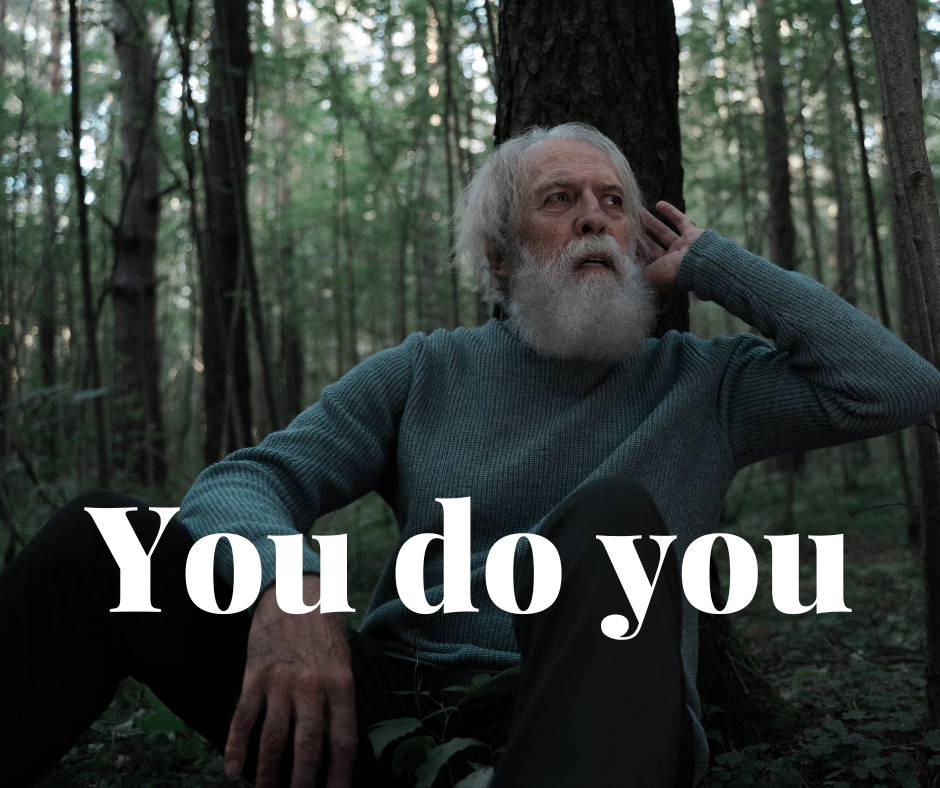I was sitting on the inclined shoulder press at the gym when the gym instructor was urging some women nearby to push harder in their workout. One protested, “That’s too hard.” The instructor replied, “Fine, you do you.”
I’ve heard that phrase many times, and it always struck me as a bit woke and a bit weak. But as I inwardly scoffed, I felt like God was speaking to me. “You do you.” As I questioned Him, it suddenly clicked.
“You are a son of God and a vessel filled with Another.
You house the Spirit of your Father, you are born from above and are one Spirit with God.
You are strong in your weaknesses, constrained by His love, and have the mind of Christ.
You shine as light in darkness, and you are alive for such a time as this. So “You do you.” in other words: Be who I made you to be.
We've had this talk before, but I was encouraged and excited. I said, “All right, Lord — I’m ready to be me.” Almost immediately, a man walked up to me on his way to the spin cycles to talk about the Holy Spirit. I encouraged him to go deeper and reminded him that we need all the power of the Holy Spirit we can get.
On the lateral Pulldown in front of me was a man I had prayed for years before. I had forgotten his name but asked him if he was doing well, and he told me about his nail-punctured foot. I took the opportunity to pray for it. He thanked me. Most sinners love prayer.
Over by the window was a man I had never seen. I felt the Holy Spirit gave me a word and shared that God was calling him to influence young people. He replied with a smile, “Yes and tomorrow I fly to Christchurch to start as a youth pastor. Perfect timing!
On my way out, I spotted Moko, who told me he used to play gospel songs as a kid. I went over and said, “Kua mutu taku korikori. Kei te haere au ki te kāinga. Kia pai te rā.” (I'm finished and going home). I’m learning te Reo because it’s a missionary principle — when you go to a country, learn the language. (The TV1News is helpful.)
Walking back to my car with Jesus, we smiled together. Again, “If you do you, I can do Me”.
Friends, in God’s family, Emmanuel is always in us and with us. You do you — because we are His hands and mouth, and when we do, people’s lives can change. When we do what He made us to do, He can do what only He can do.









